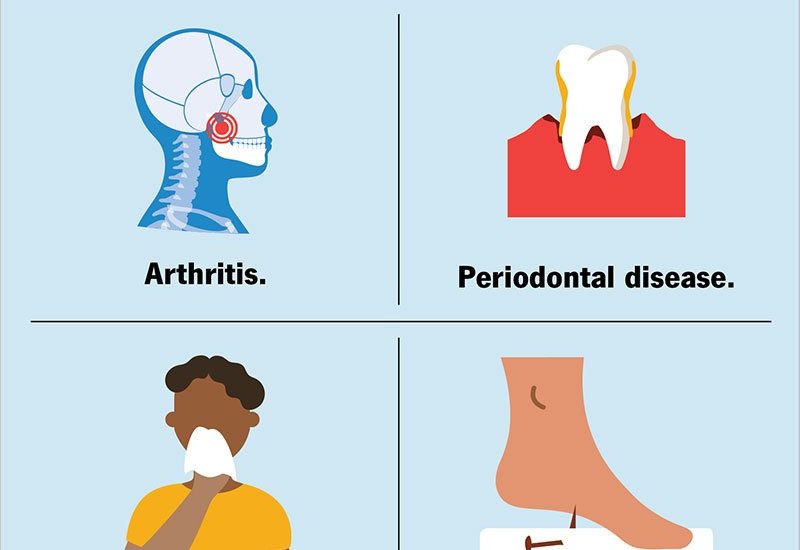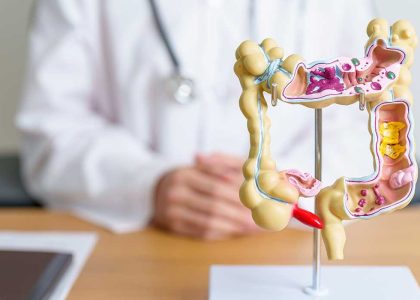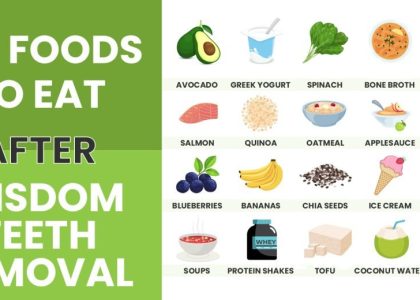Waking up with a sore jaw can be a frustrating way to start your day. Whether it’s caused by teeth grinding, jaw clenching, or other factors, finding relief is crucial. Simple solutions like a mouth guard or jaw exercises may alleviate the discomfort. Remember, addressing the root cause is key to preventing this recurring issue. Don’t let “my jaw hurts when I wake up” become your morning routine; take action to ensure a pain-free start to your day.
Why Does My Jaw Hurt When I Wake Up?
Waking up feeling refreshed and ready to start the day is something we all hope for. However, if you find yourself experiencing jaw pain in the morning, it can quickly put a damper on your day. In this blog post, we’ll explore the common reasons why your jaw might hurt when you wake up and what you can do to alleviate the discomfort.
Understanding Jaw Pain
Jaw pain, also known as temporomandibular joint (TMJ) pain, can be a result of various factors. The temporomandibular joint is the joint that connects your jawbone to your skull, allowing you to move your jaw smoothly for activities like talking, chewing, and yawning. When this joint becomes inflamed or irritated, it can lead to discomfort and pain.
Possible Causes of Jaw Pain When Waking Up
1. Teeth Grinding (Bruxism)
One of the most common reasons for waking up with jaw pain is teeth grinding, also known as bruxism. Many people unconsciously grind or clench their teeth during sleep, putting pressure on the jaw joint and the surrounding muscles. This continuous grinding can lead to soreness and discomfort in the jaw area upon waking up.
2. Stress and Anxiety
Stress and anxiety can manifest physically, and one common way is through clenching the jaw. This constant clenching can contribute to jaw pain, especially in the mornings when you may have been tensing your jaw all night without realizing it. Finding ways to manage stress can help alleviate this type of jaw pain.
3. Poor Sleep Position
The position in which you sleep can also impact your jaw health. Sleeping on your stomach or with your head in an awkward position can strain your jaw joint and muscles, leading to discomfort when you wake up. It’s essential to maintain a proper sleep posture to prevent unnecessary pressure on your jaw.
4. Arthritis or Joint Disorders
In some cases, underlying medical conditions like arthritis or joint disorders can contribute to jaw pain. These conditions can cause inflammation in the temporomandibular joint, leading to discomfort and limited jaw movement. If you suspect a more severe issue is causing your jaw pain, it’s essential to consult with a healthcare professional for a proper diagnosis.
How to Alleviate Jaw Pain
Dealing with jaw pain can be challenging, but there are several steps you can take to alleviate the discomfort and improve your quality of sleep.
1. Use a Night Guard
If teeth grinding is the culprit behind your jaw pain, using a night guard can help protect your teeth and jaw from the pressure caused by grinding. Night guards are custom-made to fit your teeth comfortably and can reduce the impact of grinding during sleep.
2. Practice Stress-Relief Techniques
Managing stress through techniques like deep breathing, meditation, or yoga can help relax your jaw muscles and prevent clenching. By reducing stress levels, you may find that your jaw pain decreases over time.
3. Improve Sleep Posture
Paying attention to your sleep posture is essential for preventing jaw pain. Try to sleep on your back with proper neck support to ensure your head and jaw are in a neutral position. This can help alleviate strain on the jaw joint and muscles.
4. Apply Heat or Cold Therapy
Using heat or cold therapy can help reduce inflammation and ease discomfort in the jaw area. Applying a warm compress or an ice pack to the affected area for 15-20 minutes can provide relief and promote relaxation of the jaw muscles.
When to Seek Professional Help
While occasional jaw pain may resolve with self-care measures, persistent or severe jaw pain should not be ignored. If your jaw pain persists despite trying home remedies, it’s crucial to consult with a healthcare provider or a dentist. They can assess your condition, provide a proper diagnosis, and recommend the appropriate treatment plan to address the underlying cause of your jaw pain.
Waking up with jaw pain can be unpleasant, but understanding the possible causes and taking proactive steps to address the issue can help you find relief. By identifying the factors contributing to your jaw pain and implementing lifestyle changes and remedies, you can improve your jaw health and enjoy a pain-free morning routine.
Remember, if your jaw pain persists or worsens, seeking professional help is essential to ensure proper treatment and long-term relief. Take care of your jaw, and start your day with a smile!
TMJ Fix
Frequently Asked Questions
Why does my jaw hurt when I wake up?
Waking up with jaw pain could indicate that you are clenching or grinding your teeth while you sleep. This condition, known as bruxism, can put pressure on your jaw muscles and joints, leading to discomfort and soreness.
How can I alleviate jaw pain in the morning?
One way to help reduce jaw pain upon waking is to practice relaxation techniques before bed to minimize teeth grinding. Using a warm compress on the jaw area and gentle jaw exercises can also help alleviate tension and pain.
Is there a connection between jaw pain in the morning and stress?
Yes, stress and anxiety can contribute to teeth grinding and jaw clenching, which may result in waking up with jaw pain. Managing stress through techniques like meditation, exercise, or counseling can help improve jaw pain symptoms.
Final Thoughts
Waking up with jaw pain can be a common issue stemming from teeth grinding or clenching during sleep. It is essential to address this discomfort to prevent further complications. Seeking professional evaluation and considering stress-reducing techniques or wearing a nightguard can help alleviate the pain. Remember, ignoring the problem can lead to long-term consequences. Take action to address the root cause if my jaw hurts when I wake up.






